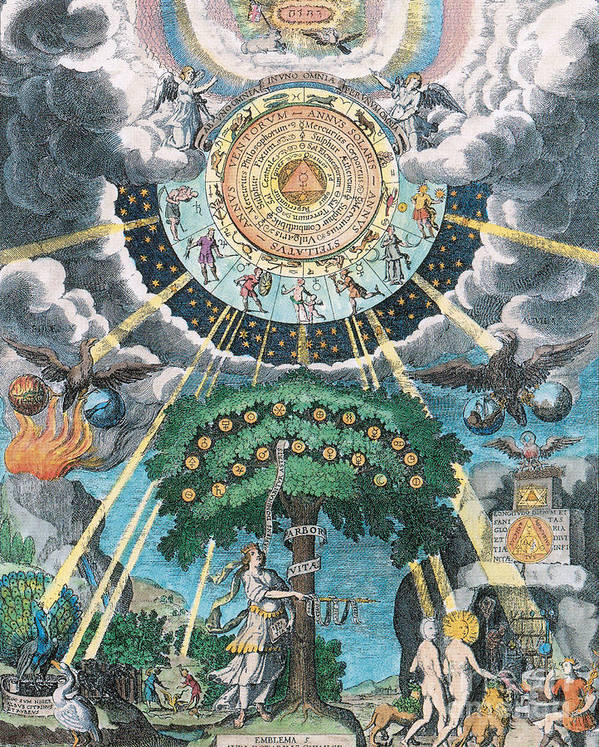
Hello all! I'm starting a fun little project where I read you AESOP'S FABLES! Since they tend to be short I can post them directly here. All will be captioned! To start, this is a little thread about Aesop's Fables, the edition I'm reading from, & the artists in it. Enjoy! 1/ 

First, what is a fable? A fable is a distinct type of folk tale that features anthromorphized animals, plants, objects, or natural phenomenon and features a moral lesson. This moral may be written explicitly at the end as a concise saying, as is the case with Aesop's Fables. 2/ 

Aesop's Fables, also known as Aesopica, is a collection of fables credited to an Ancient Greek storyteller & slave named Aesop. Despite his crediting, these stories weren't written down until three centuries after his death & some of the material didn't actually come from him. 3/ 

In fact, some of the stories aren't Greek at all. But as works of folklore tend to do, Aesop's Fables has evolved over the years & is still in a state of evolution today, with more stories still being added. 4/ 

In addition to the text changing, the social framing has also evolved. While originally, Aesop's Fables were aimed towards adults, during the Renaissance and onward, they have been used largely for the moral instruction of children. 5/ 

The specific version of Aesop's Fables I will be reading in this series will be the Barnes & Noble version with illustrations by Walter Crane, Ernest Griset, & Arthur Rackham. I will try and include these illustrations in the videos when possible during editing. 6/ 

Walter Crane (1845-1915) was extremely influential in children's book illustrations. He used watercolor frequently & illustrated many books of nursery rhymes & fairy tales for children. He also wrote & illustrated 3 books of poetry. He also illustrated for socialist causes. 7/ 



Ernest Griset (1843-1907) was a painter and illustrator noted for his humorous depictions. His illustrated version of Aesop's Fables (1869) was commended for the way he expressed human emotions on animal subjects. 8/ 

Arthur Rackham (1867-1939) was a leading figure during the Golden Age of British Book Illustration, with his technique being ink drawings combined with watercolor, influenced by his background as a journalistic illustrator. He illustrated a wide range of classic books. 9/ 



Thanks for reading and I hope you enjoy listening to these stories as much as I have enjoyed reading them! 10/10 

@threadreaderapp unroll pls
• • •
Missing some Tweet in this thread? You can try to
force a refresh



















